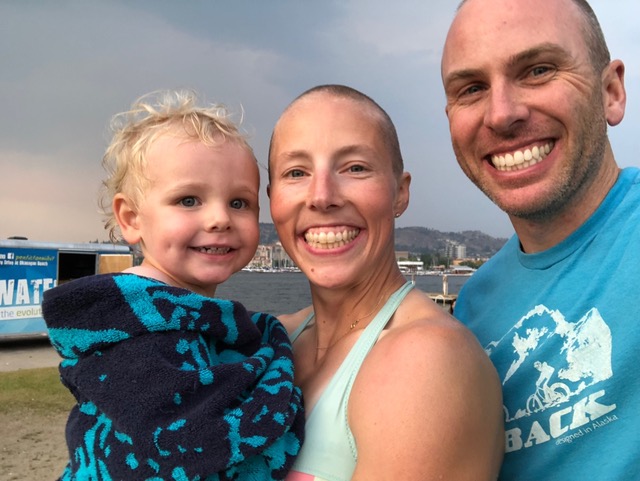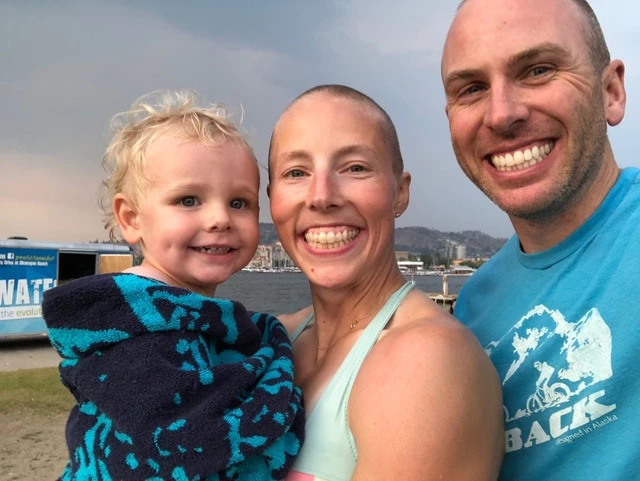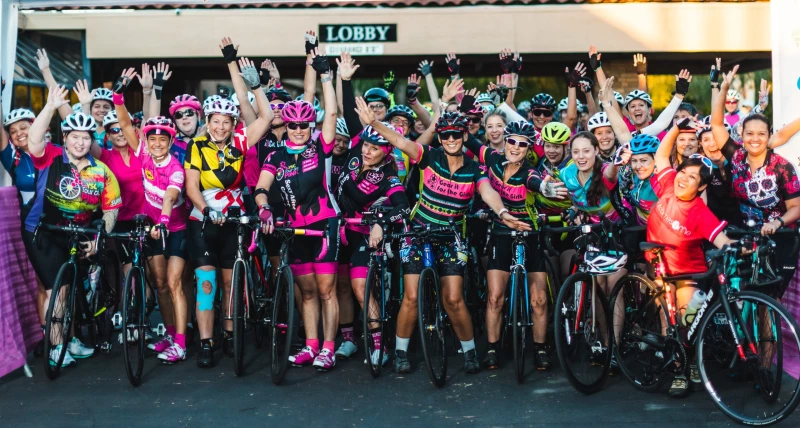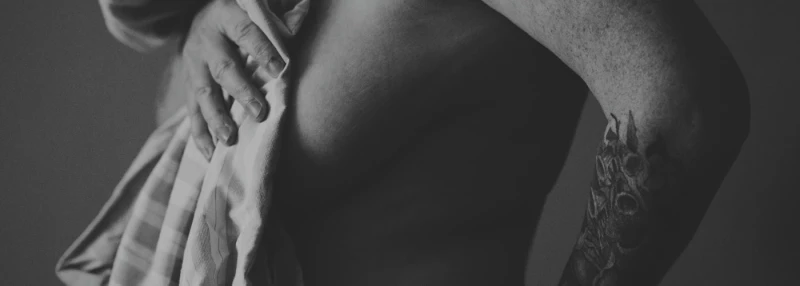For National Women’s Health Week, we’re sharing our favorite stories and resources for your best health. We’ve collected everything from partner promotions to curated wellness content to help you establish a wellness routine right for you, diet and nutrition that works for your body and practices that improve your mental and spiritual wellness.
Training for the Olympics and going through breast cancer treatment seem like they have nothing in common. But Olympic Gold Medalist, Kikkan Randall, recently told YSC they’re a lot alike. Kikkan was diagnosed with stage II invasive ductal carcinoma at age 35, just 3 months after the greatest achievement in her athletic career - a Gold Medal in cross-country skiing at the 2018 Olympics.
A Dream Realized
After a bad day derailed her Olympic medal chances in 2014, she returned 4 years later determined to soak in the entire experience. As her 18th Olympic race, she knew it would be her last. In a fairytale ending to a storied career, Kikkan and a teammate beat out their Swedish rivals by .19 seconds, securing the first gold medal in cross country skiing for the U.S.
Kikkan embarked on the next phase of her life, ready to pursue her passion for keeping girls in sports while working with the International Olympic Committee to further the Olympic Movement. She spoke widely about how anyone can use training strategies to work toward challenging goals in small, systematic ways.
Something Didn’t Feel Right
Three months after the Olympics, she celebrated a perfect Mother’s Day with her young son. While getting ready for bed, she brushed past her right breast and felt something hard. “They felt like 2 little hard peas, and I immediately knew something didn’t feel right.”
A doctor assured her she was young, healthy and active - those lumps were probably nothing. But 2 weeks later, a biopsy revealed Kikkan had stage II invasive ductal carcinoma.
“There was definitely disbelief and frustration. I kept thinking, ‘How could this happen? I’m an athlete - I did everything right!’ But there were races when my skis didn’t work. Or a competitor beat me when I was in the best shape of my life. How did that happen? There are always things in life we don’t control.”
A G.I. Jane Mentality
Kikkan decided it would be easiest if she shaved her head at the first sign of hair loss. She’d read that many others struggled watching their hair fall out. Two weeks into her first round of chemo, she pulled off her helmet and found strands of her hair coming with it.
There was definitely a moment she needed to take a deep breath. Then she said to herself, “Okay, there it is. Onto the next.” She shaved her head and decided to adopt a G.I. Jane mentality.
 Her only worry was how her young son might react. He was 2 years old and too young to really understand what was going on. Since she was getting treatment in Alaska, she Facetimed him and braced herself for what she thought might scare him.
Her only worry was how her young son might react. He was 2 years old and too young to really understand what was going on. Since she was getting treatment in Alaska, she Facetimed him and braced herself for what she thought might scare him.
Instead, he had a fun time exclaiming, “Mommy has no hair!” They read Cancer Hates Kisses together. Her son is able to relate through the whole story. “He’s been a great distraction, and I’ve been lucky. He’s still too young to really be affected by seeing me in treatment.”
Training for Treatment
Kikkan’s diagnosis kicked her right into athlete mode. She approached treatment much like she’d approached her training. She assembled a plan, formed a team of doctors and activated her support system of co-survivors. “My mind would drift toward frustration and despair, but I would always come back to the present and focus on my supportive team, great family and handling it all one step at a time.”
Staying active, even during a grueling treatment schedule, was important to Kikkan. People joked that if breast cancer could happen to an athlete like her, why would anyone want to focus so much on being healthy. It wasn’t about that for Kikkan.
Physical wellness didn’t prevent her breast cancer, but she says it helped in her recovery and her mental health. Her workouts just looked really different during treatment.
“I had to change my mindset and expectations. The goal was just to move, be outside. I always had the ability to turn around, stop or slow down. Some days I needed longer breaks, and some days I just couldn’t do it.” She says she turned to her support network who would encourage her to get outside but would slow down and accommodate her new abilities. “I had to stay active to protect my mental health through such a hard moment in my life.”
Learn More
There Will Be Hard Days
Kikkan was accustomed to being in the public spotlight. She decided to be open about her breast cancer experience on social media. Kikkan admitted, though, that being a positive person, she found she was most often sharing the easier parts. She had to consciously portray the more difficult sides of treatment. It’s important work. Like most young adults affected by breast cancer, Kikkan found that being connected to others helps.
She says, “All you can do is to stay in the moment and focus on the things you can control. Unlike skiing, when the going gets tough, there is no option to quit. Having a network of co-survivors and people who understand what you’re going through makes the tough days a little easier.” Whether it’s Olympic training or breast cancer, you need your people to help get you through.
 Kikkan Randall Bio: Five-time Olympian, Olympic and World Champion in cross-country skiing. In June 2018, just three months after winning Olympic Gold, she was diagnosed with breast cancer and has been bringing her determination and positive attitude to her cancer battle, hoping to inspire others along the way to stay active and persevere through any challenge. Kikkan is married to Canadian athlete Jeff Ellis and is an active Mom to son Breck.
Kikkan Randall Bio: Five-time Olympian, Olympic and World Champion in cross-country skiing. In June 2018, just three months after winning Olympic Gold, she was diagnosed with breast cancer and has been bringing her determination and positive attitude to her cancer battle, hoping to inspire others along the way to stay active and persevere through any challenge. Kikkan is married to Canadian athlete Jeff Ellis and is an active Mom to son Breck.



